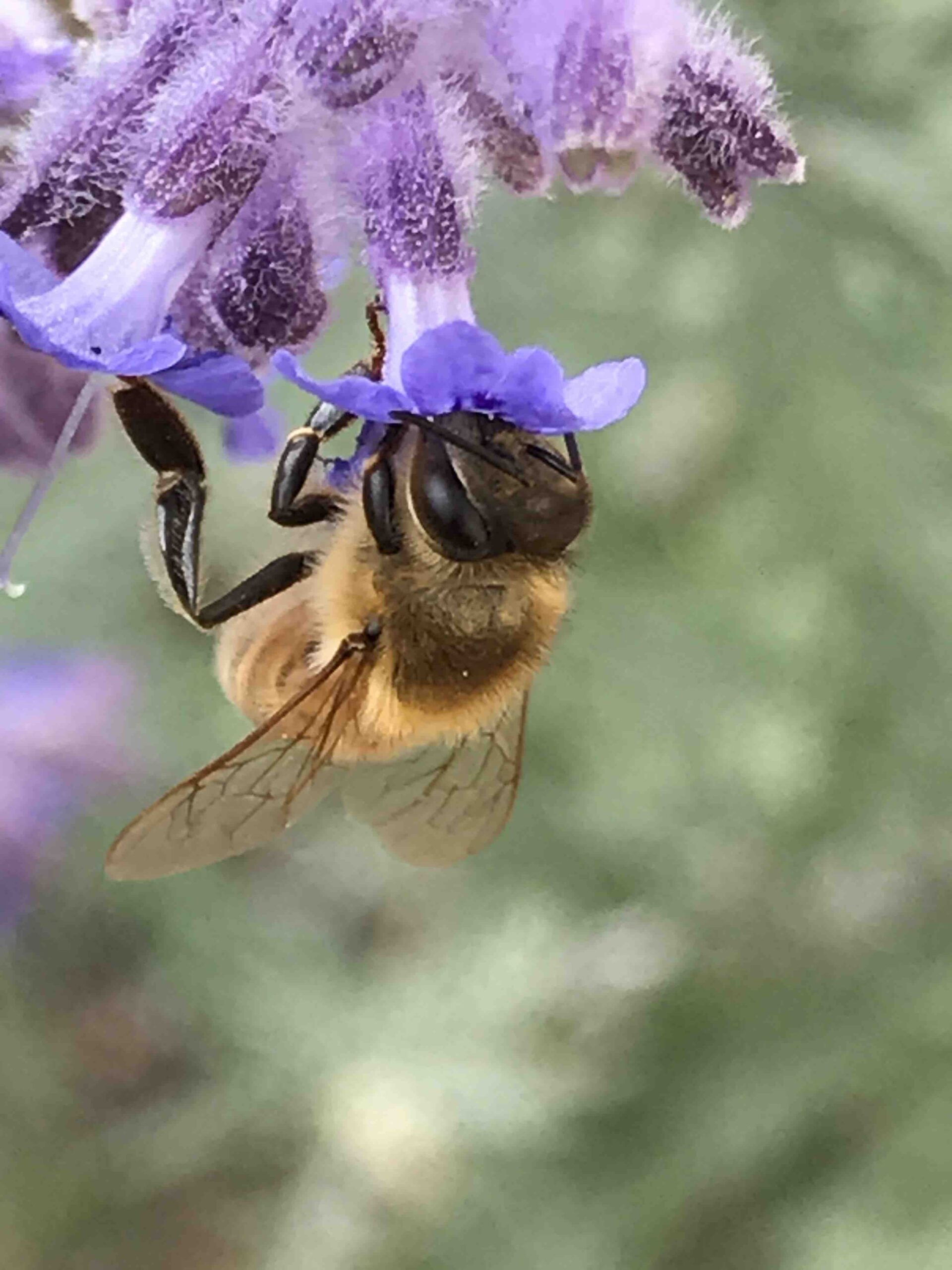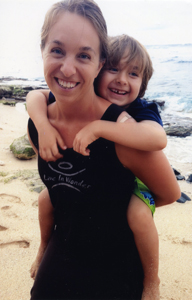Tough mornings can be a fact of life with little ones. Mornings where your child is grouchy, won’t get out of bed, can’t find their shoes, and breakfasts feel like they will never end or they won’t get started. No matter how loud you yell or tempting a bribe you dangle, you just can’t seem to motivate your kid to get a move on. In fact the harder you try, the worse it seems to get.
Unfortunately the more we yell and more frantic we become, the more frightened our children become. When scared, some children strike out, becoming more indignant. Some freeze and it looks like they’re moving through molasses, while others become very compliant. No matter the outward manifestation of a child’s behavior, yelling, making threats and/or bribing all exact a toll on the child, as well as our relationship with them. The toll on the child is decreased self-esteem and the toll on the relationship is less connection and safety with us. So what are we to do instead? Let’s “hack” the parenting process, and try a new and better approach to make it through our mornings.
At the first sign of distress (You know the tell-tale sign in your child? The one you dread?), slow down and throw a rope to them. Think about what you would want someone to do for you on a difficult morning. It may seem impossible, like there is no way there is time to slow down and do anything, but the reality is that yelling and bargaining take time too, yet we often take the time necessary for these. Where as yelling does harm, slowing down to connect establishes trust, builds self-esteem and starts to build neural pathways to the part of the brain that helps us to keep our eyes on the prize so we can accomplish our long term goals. The time spent by us to connect with our children is gold when it comes to the parent/child relationship.
How do you connect with a child who doesn’t want to get ready in the morning? Begin by offering empathy. Get down on their level. Speak with a gentle soothing tone. Offer words like: “Mornings can be so hard. Sometimes I don’t want to get out of bed or go to work. It would be so nice if we could stay home and snuggle and play together. I wish we could do that too.” Some children respond really well to touch. You can also offer a hug or a gentle back rub.
Empathy helps children feel seen and heard, and brain research has shown that it even helps them to access the frontal cortex of their brains where the ability for problem-solving resides. It also helps deepen the connection between parent and child. Connection gives rise to a natural flow of cooperation, where children respond to our requests with ease rather than resistance and power struggles.
Another way to transform difficult mornings is play. It’s tempting to want to rationalize and reason with our kids about how important it is to be on time but for the most part this is fruitless. What a child actually hears is that you care more about being on time than you care about them. Ouch! This is so not the message we want to convey. As parents, it is our responsibility to make the task of getting out of the door palatable to our children.
Play is the language of children. Transform the chore of “getting ready” into a game! You can try something as simple as, “Let’s see if we can get dressed with our eyes closed!” or, “Let’s get dressed as fast as we can so we can have a dance party before breakfast!” Play can be as simple as talking in a silly voice or telling jokes. While it is true that being playful does not come as naturally for some as it does for others, it is still worth the effort. Just like empathy, play fosters connection with our kiddos. Again connection creates trust and cooperation. Play also increases resiliency in our children. When we use play to move through moments of tension, we teach the brain that we can move through stress in ways that are safe. In a sense, we make stress more safe.
Empathy and play can feel impossible at times. When we, as the caregiver, are under stress ourselves, we can get caught in our own fight-or-flight responses. If you are having a difficulty finding empathy for your child and/or being playful, it is likely that you will need to tend to your own emotional needs first. As parents, we often expend so much time and energy on our children that we become depleted ourselves. One way to “fill your own cup” is self-empathy. If your child is verbal, tell them you need to take a minute to listen to your own feelings. If your child is still an infant, you’ll need to stay close to them as you give yourself empathy. Self-empathy is the process of taking a moment to listen to all your thoughts and feelings and acknowledge them. For example, your thoughts might be something like: “Wow! This is so hard. I really suck at this!” “Every time I really need to be at work on time, my kid throws a fit.” “What the *%#$?!?! Why is my kid such a a**-hole?” “Sometimes it really does feel like they are out to get me… make me loose my job.” “Preschool is supposed to be fun! Can’t she just get in the car already?” Often times, feelings of guilt will make us push thoughts and feelings like these aside, but when we call on self-empathy, we take a moment to honor everything going on inside. By listening with compassion to our own struggles, we can answer ourselves with thoughts like this: “Wow, this really is so hard. Exhausting. I’m really trying my best, but I’m really worried about work, and now I need to figure out how to comfort her and get her out the door. I know it’s not actually her fault, but I never imagined having a child could be so stressful, and always at the worst possible times.” To be clear, this is an internal process, not an actual dialog to have with your kids, but this is really powerful modeling for your children, too: Self-empathy is like a soothing balm to the brain, both for ourselves and for our children. When given sincerely, it can take us out of fight-or-flight so that we are able to access the prefrontal cortex of our own brains, where problem-solving and creativity reside.
For both parents and children alike, play will ALWAYS feel better. It takes time and effort to create new habits and the same is true for replacing yelling and bargaining with empathy and play. But it is so worth it! Try making use of these parenting “hacks” for yourself, and you will find they do wonders not only for your child’s brain development, but for your relationship with your kiddos, as well. The more that empathy and play become your go-to’s, the more peace and ease you will experience in your mornings and beyond.



